UN Security Council again failed to end bloodshed in Gaza: Pakistan envoy
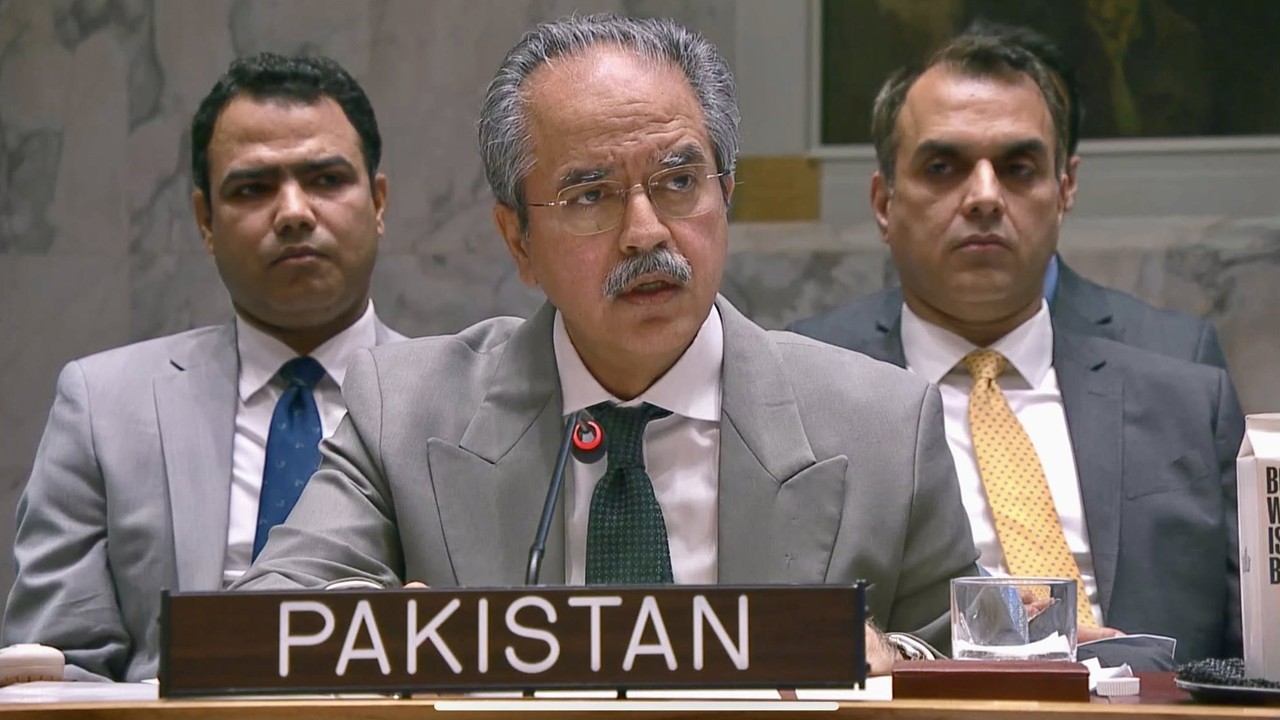
Web Desk
|
2 Oct 2025
NEW YORK: Pakistan’s permanent representative to the United Nations, Ambassador Asim Iftikhar Ahmad, told the UN General Assembly during a debate on veto powers that the Security Council had once again failed to halt the killings in Gaza.
He said Pakistan aligns itself with a statement presented jointly by Denmark and ten elected members of the Security Council — including Pakistan — whose draft resolution was vetoed, prompting today’s debate.
Ambassador Asim praised Denmark’s leadership in coordinating the E-10 and said the assembled delegations met at a moment of deep alarm and grief. “The Security Council — entrusted with the primary responsibility of maintaining peace — again failed to act when Gaza needed it most,” he said.
He described the vetoed resolution as an urgent attempt to stop the bloodshed and deliver humanitarian assistance, adding that its rejection left millions in inhumane conditions. He said the effort by the ten elected members was not routine diplomacy but a direct response to the plea of a people trapped in bombing, rubble, famine and despair.
The failure to advance that effort, he said, was profoundly disappointing — but institutional paralysis in one chamber should not paralyze the wider UN and the international community.
Ambassador Asim delivered stark imagery of Gaza’s devastation: “Gaza has been methodically destroyed. Families are sitting under broken concrete searching for children who will never return. Hunger stalks every street. Famine has gripped Gaza city and now threatens Khan Younis and Deir al-Balah.”
He said more than 66,000 Palestinians — the vast majority women and children — have been killed, homes, schools and hospitals have been deliberately erased, and called the campaign “not a war but an attempt to erase a people’s future.” He urged that the occupying power, Israel, be held fully accountable.
Noting that Palestine has been the central subject of this year’s general debate, he said voices of conscience had been growing louder: calls for a two-state path, wider diplomatic recognition of Palestine, and global demands for a ceasefire and a sustainable resolution have all offered rays of hope.
Referring to recent diplomatic moves, Ambassador Asim welcomed U.S. President Donald Trump’s consultations with Arab and OIC leaders and the announcement of a plan, terming it a notable development that has been broadly welcomed.
He said Pakistan is cautiously but sincerely hopeful that these initiatives can deliver immediate needs — an immediate ceasefire, an end to the war, unfettered humanitarian access, and, ultimately, a credible political horizon toward Palestinian statehood.
Pakistan, he said, will work to ensure that consultations are judged by results, not promises. Priorities, he said, must include stopping the killing, ending the occupation, reuniting families, rebuilding Gaza and guaranteeing the protection and dignity of the Palestinian people.
Ambassador Asim added that in a joint communiqué foreign ministers of Jordan, the UAE, Indonesia, Pakistan, Turkey, Saudi Arabia, Qatar and Egypt welcomed President Trump’s efforts and reiterated that they would not allow annexation of the West Bank.
The ministers pledged to work with the United States toward a comprehensive agreement to end hostilities in Gaza — an agreement that would secure unfettered humanitarian aid, prevent forced displacement, enable hostages’ release, ensure full Israeli withdrawal, rebuild Gaza, and lay the groundwork for a just peace based on a two-state solution under international law — which, he said, is the key to lasting regional stability and security.


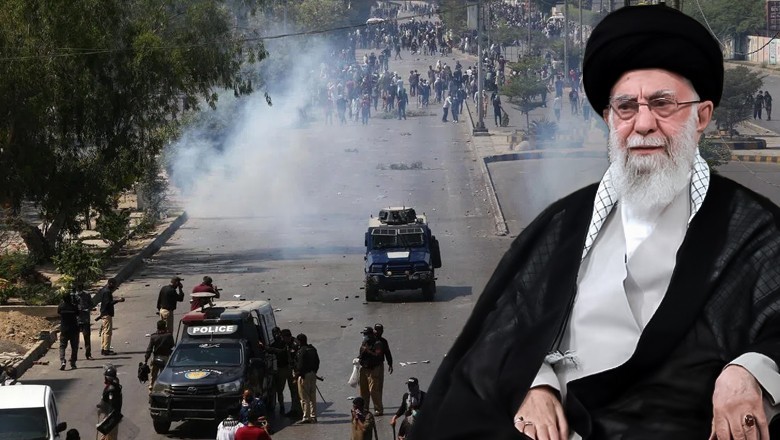

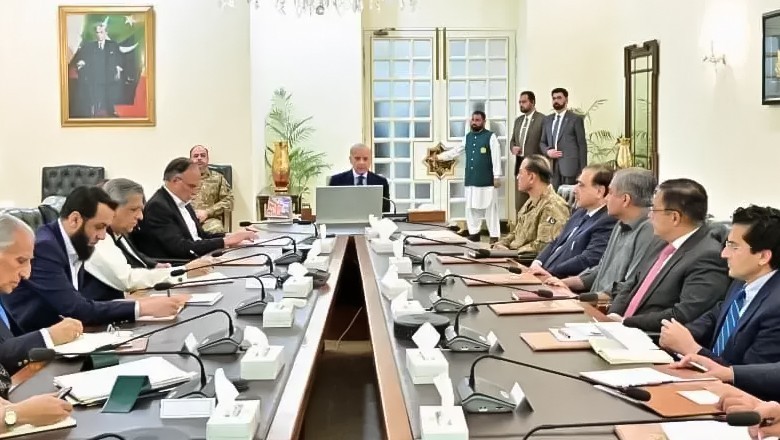
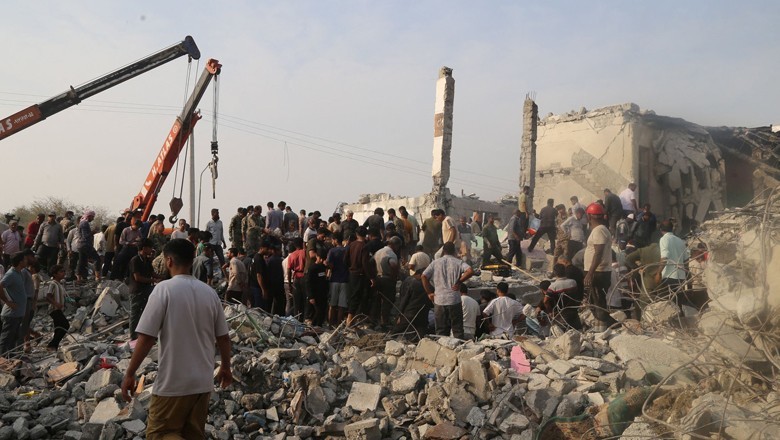

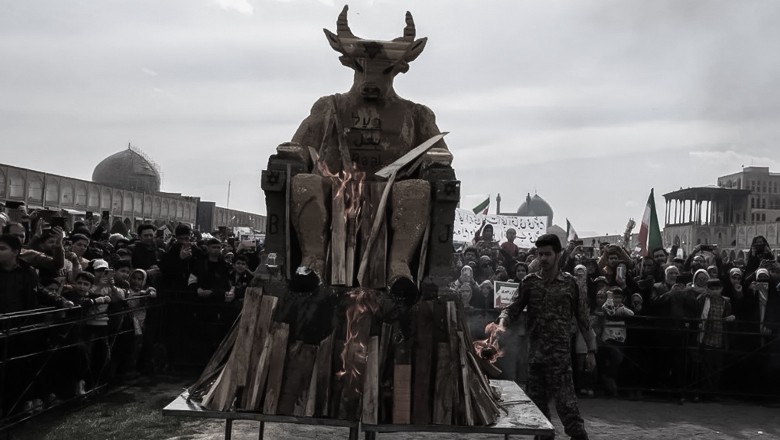


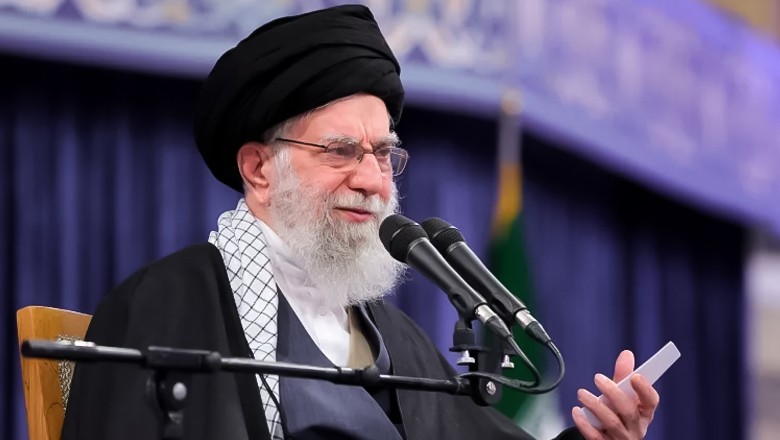
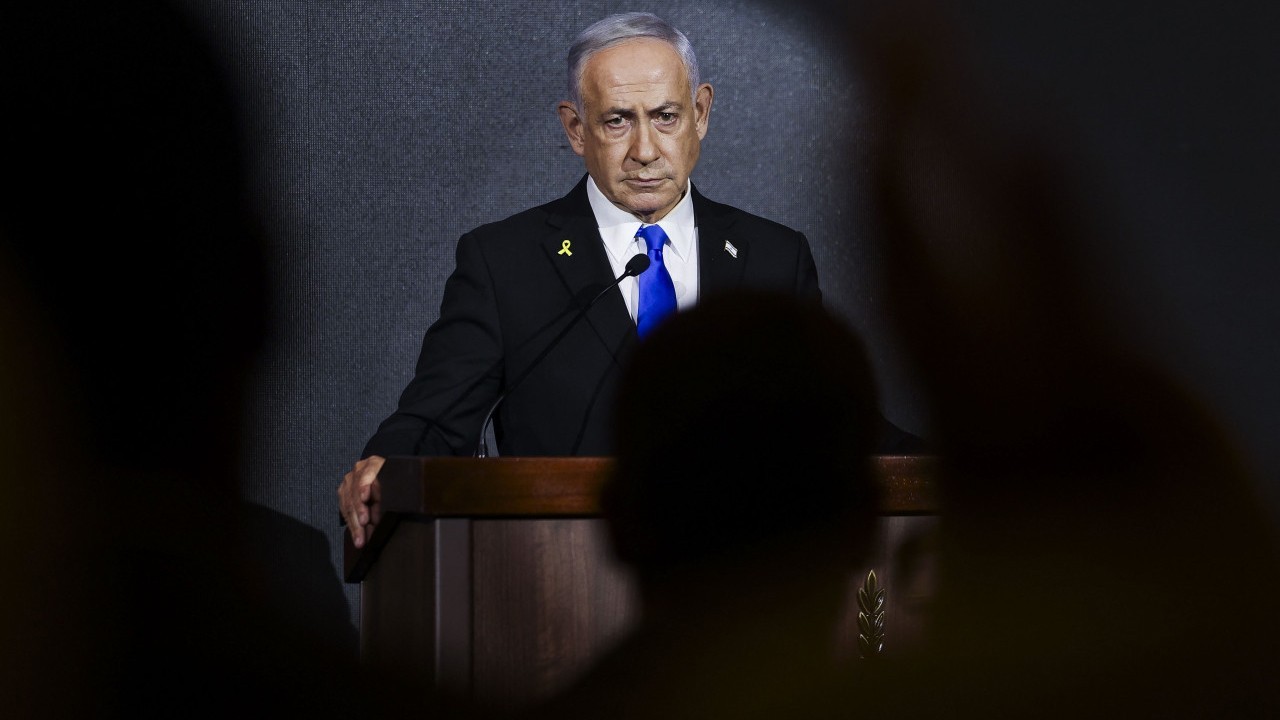
Comments
0 comment